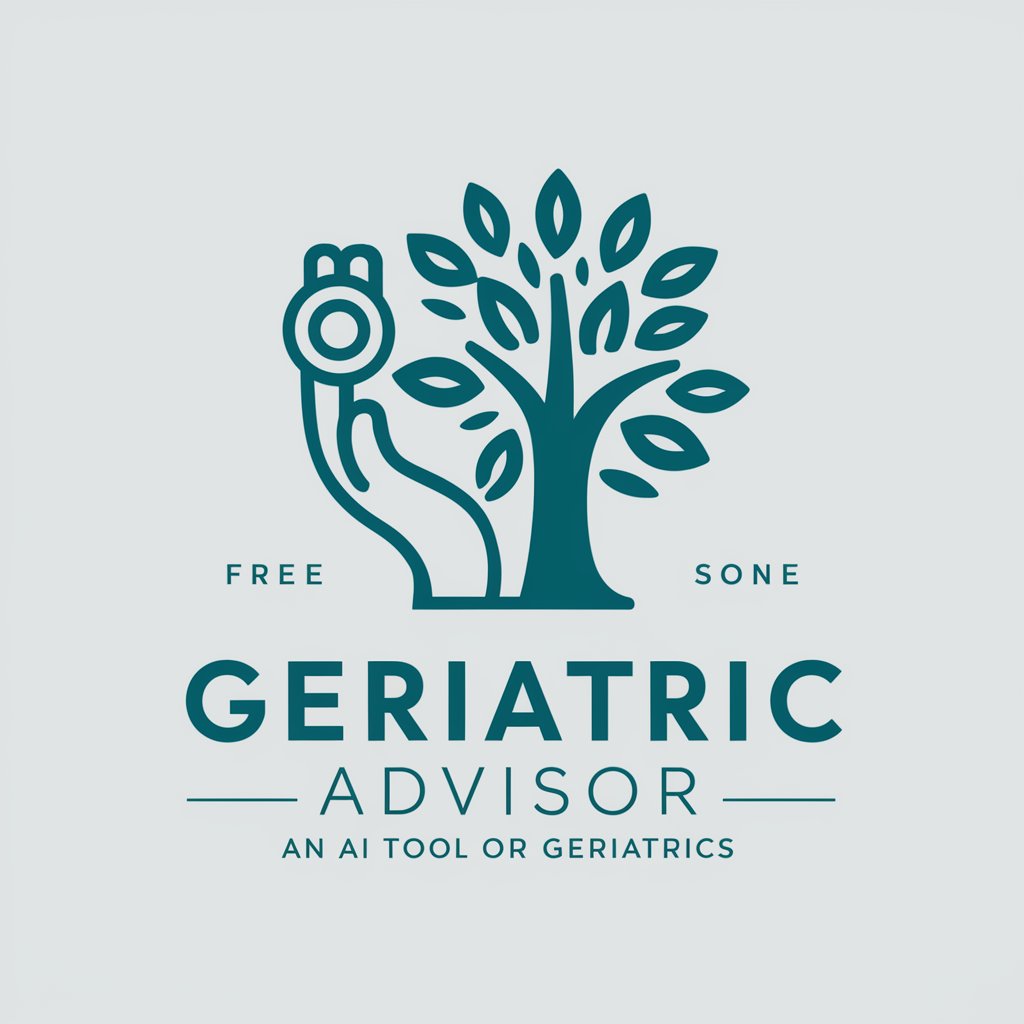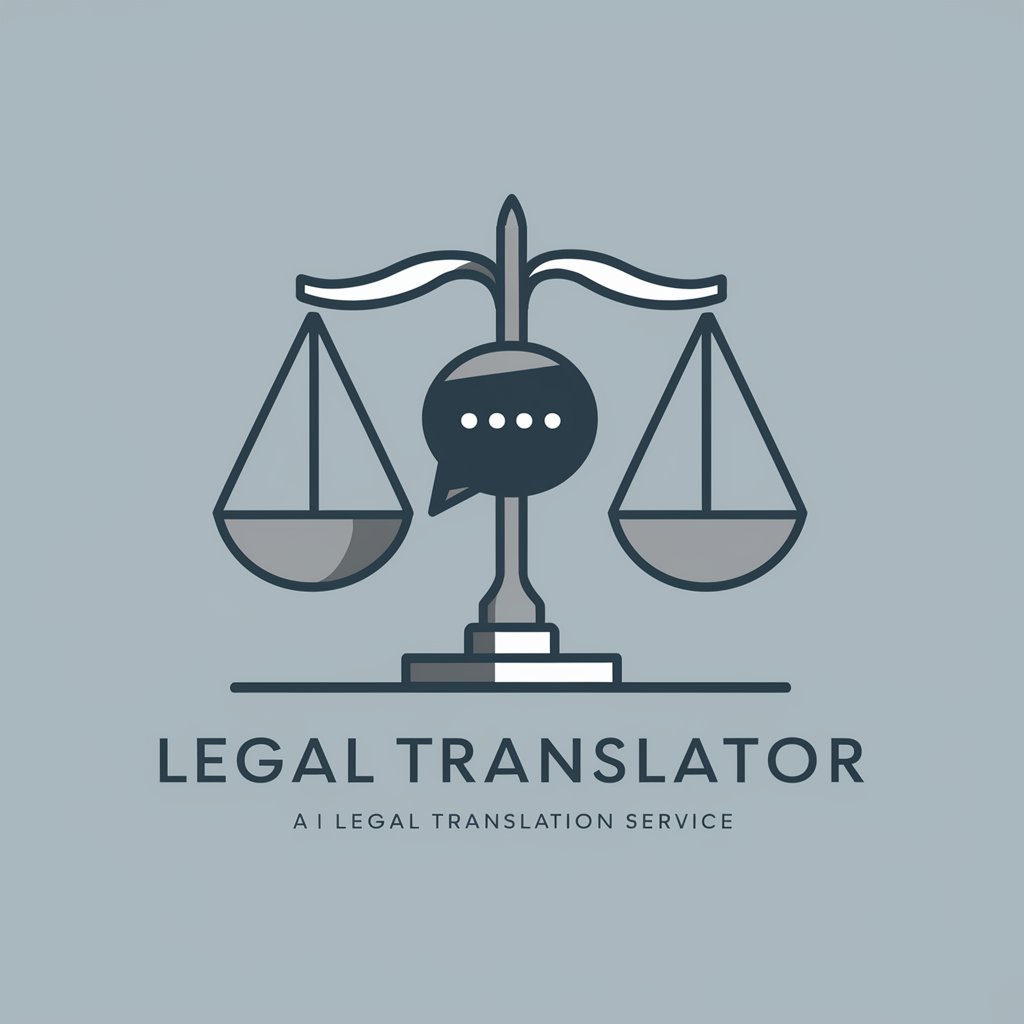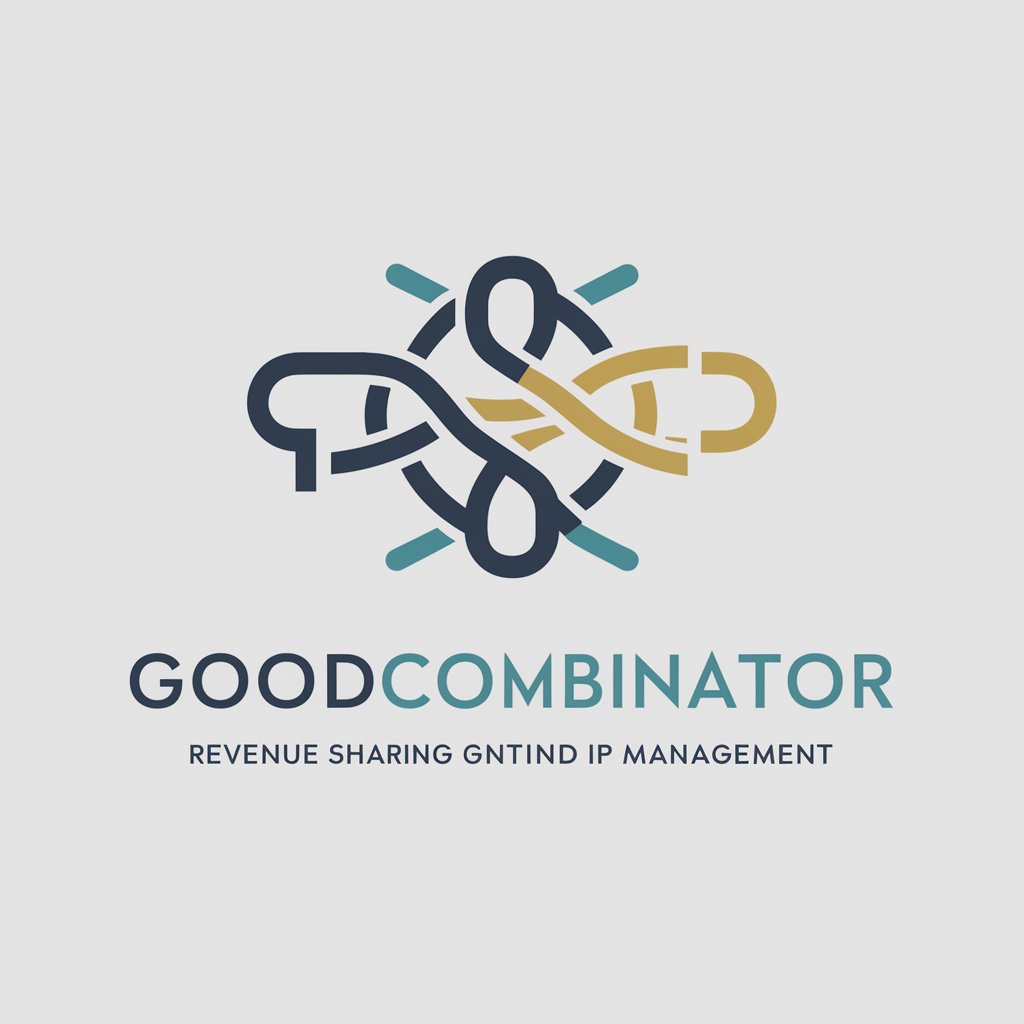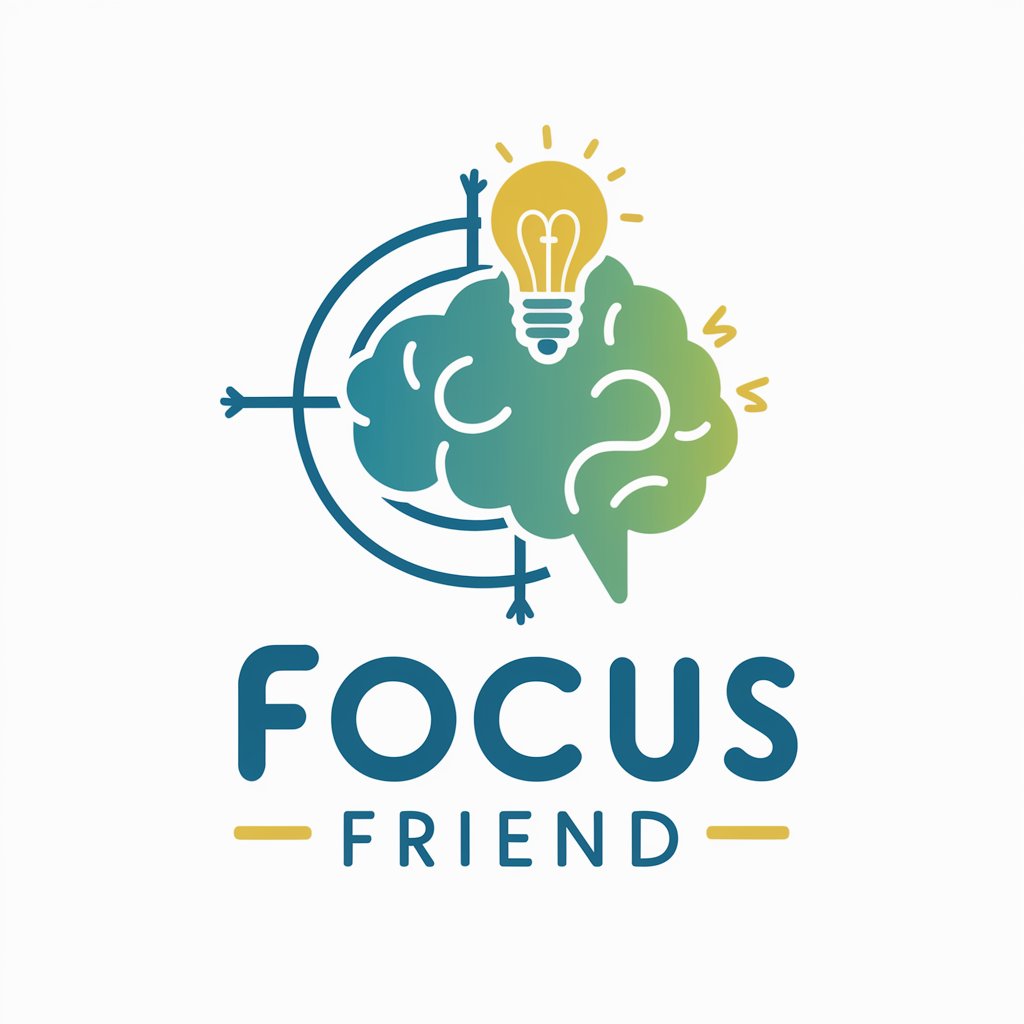Geriatric Advisor - Geriatric Care Guidance

Welcome! How can I assist you with geriatric care today?
Empowering Geriatric Care with AI
What are the latest guidelines for managing hypertension in elderly patients?
Can you explain the benefits and risks of polypharmacy in geriatric care?
How should caregivers approach dementia care for seniors?
What are the best practices for fall prevention in older adults?
Get Embed Code
Overview of Geriatric Advisor
Geriatric Advisor is a specialized tool designed to assist in the field of geriatrics, focusing on the diagnosis, management, and treatment guidance based on the latest evidence-based medicine. Its core purpose is to offer detailed, updated medical information to users who seek guidance on geriatric care. This includes information on managing chronic conditions, advice on medication management, preventative care strategies, and the latest in geriatric research findings. For example, a healthcare provider might use Geriatric Advisor to get updated guidelines on managing dementia, including non-pharmacological interventions and the latest pharmacotherapy options. Similarly, a family member of an elderly patient might seek advice on how to modify the home environment to prevent falls. Powered by ChatGPT-4o。

Main Functions of Geriatric Advisor
Evidence-Based Medical Guidance
Example
Providing updated guidelines on the management of chronic conditions such as heart disease, diabetes, and dementia in older adults.
Scenario
A geriatrician queries the latest non-pharmacological approaches for managing behavioral symptoms in Alzheimer's disease, and Geriatric Advisor supplies detailed, recent research findings and recommendations.
Medication Management Advice
Example
Offering insights into polypharmacy risks, appropriate dosing adjustments for the elderly, and drug interaction checks.
Scenario
A pharmacist uses Geriatric Advisor to verify the safety of prescribing a new medication to an elderly patient who is already on multiple medications, ensuring there are no harmful interactions or contraindications.
Preventative Care Strategies
Example
Recommending vaccination schedules, screening tests, and lifestyle modifications to prevent common health issues in the elderly.
Scenario
A primary care physician consults Geriatric Advisor for the most recent vaccination recommendations for their elderly patients, including the shingles vaccine and pneumococcal vaccine schedules.
Geriatric Research Updates
Example
Summarizing the latest studies and trials relevant to geriatric care, helping healthcare professionals stay at the forefront of the field.
Scenario
A researcher looking into the effects of physical therapy on mobility in older adults uses Geriatric Advisor to find the latest evidence and studies supporting various therapeutic approaches.
Ideal Users of Geriatric Advisor Services
Healthcare Professionals
This includes doctors, nurses, pharmacists, and other medical practitioners who specialize in or frequently work with the elderly. They benefit from using Geriatric Advisor by obtaining up-to-date medical information, which aids in making informed decisions about patient care.
Caregivers and Family Members
Family members or caregivers of elderly individuals who seek to provide the best care possible. They can use Geriatric Advisor to understand more about the conditions affecting their loved ones and learn about the best practices in caregiving and home safety.
Researchers and Students
Individuals engaged in the study of geriatrics or gerontology who need access to the latest research findings, treatment guidelines, and evidence-based practices. Geriatric Advisor serves as a valuable resource for their academic and professional projects.

How to Use Geriatric Advisor
Begin Your Journey
Initiate your experience by accessing a complimentary trial at yeschat.ai, where registration or ChatGPT Plus subscription is unnecessary.
Identify Your Needs
Pinpoint the specific geriatric inquiry or issue you need assistance with, such as medication management, diagnosis clarification, or treatment options.
Engage with Geriatric Advisor
Use the chat interface to present your question. Be as detailed as possible to ensure the most accurate and tailored advice.
Review Responses
Carefully read the guidance and recommendations provided. Geriatric Advisor delivers evidence-based responses to support geriatric care.
Apply the Advice
Implement the suggestions within your clinical practice or caregiving approach, always considering individual patient needs and consulting with healthcare professionals.
Try other advanced and practical GPTs
Legal Translator
Simplifying Legal Jargon with AI

Personal Korean Tutor
AI-powered Korean Language Mastery

Tutor Pessoal de Espanhol
Learn Spanish with AI Expertise

Palm Reader
Unlock Secrets of Your Palm with AI

निजी फारसी (फारसी) ट्यूटर
Your AI-powered Persian Language Assistant

We Love Food
AI-Powered Culinary Insights

निजी डच ट्यूटर
Master Dutch with AI-Powered Guidance

AI Coop ~ GoodCombinator
Empowering AI and Blockchain Integration

unBias Fact Checker
Your AI-powered source of truth

Silly Science Theorist
Unleash your creative science fantasies!

Focus Friend
Enhance Your Mind, AI-Powered

Fontes de informação para criação de conteúdo
Empower your content with AI-driven insights

Common Questions About Geriatric Advisor
What type of advice can Geriatric Advisor provide?
Geriatric Advisor offers evidence-based guidance on a wide range of topics, including but not limited to, age-related diseases, medication management, functional status assessment, and preventive strategies in geriatric care.
Can Geriatric Advisor help with creating a care plan?
Yes, based on the latest geriatric research and guidelines, Geriatric Advisor can assist in formulating comprehensive care plans tailored to the unique needs of elderly patients.
Is Geriatric Advisor suitable for caregivers?
Absolutely. Caregivers can leverage Geriatric Advisor for insights on daily care practices, managing behavioral symptoms of dementia, and enhancing the quality of life for the elderly.
How often is the information within Geriatric Advisor updated?
The information is updated bi-monthly to reflect the latest medical research, ensuring users receive the most current evidence-based recommendations.
Can I use Geriatric Advisor for educational purposes?
Definitely. Students and professionals in geriatrics and related fields can use Geriatric Advisor as a resource for learning and staying updated on the latest in geriatric care.
